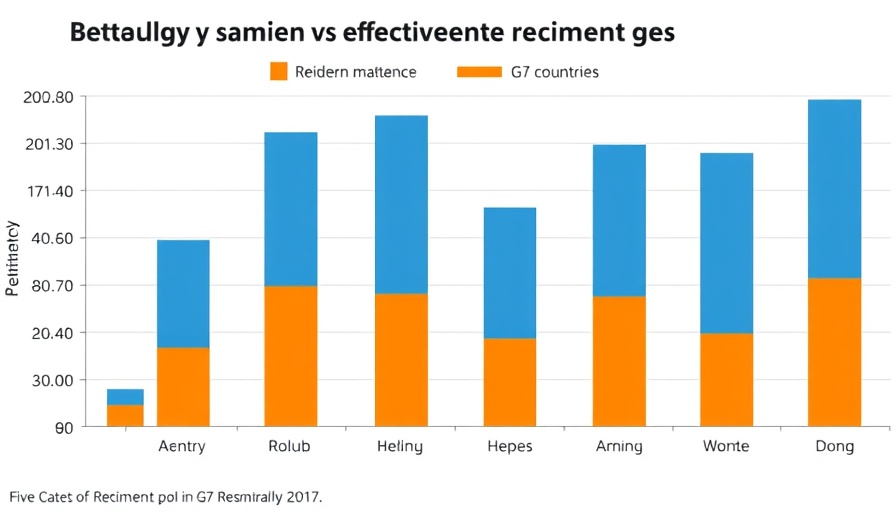
Revolutionizing Management: The Modern Manager's Role
As businesses pivot towards flatter organizational structures aided by artificial intelligence, the role of the modern manager has morphed significantly. A recent white paper by talent assessment platform SHL underscores the need for managers to evolve, highlighting that today’s leaders must foster environments where both individuals and teams can flourish.
In examining over 9,000 managers globally, SHL reveals a critical finding: while many managers possess strong technical skills and strategic planning capabilities, they frequently lack essential human-centric skills needed in this era of hybrid work and changing employee expectations. Lucy Beaumont, SHL's talent management solution expert, underscores that effective management transcends mere task supervision—it's about cultivating thriving work cultures.
The Essential Skills of Modern Managers
The report articulates a clear profile for a modern manager, emphasizing behaviors that build an inclusive culture, enable meaningful work, and lead with insight. These critical skills include empathy, agility, and the ability to create meaningful connections within teams. Beaumont aptly states, "Managing others is a critical skill in its own right, bringing significant value to employees and organizations alike." The challenge often lies in organizations misconstruing people management as an ancillary role rather than a core competency that demands investment.
Implications for Organizational Health
For CHROs, Chief People Officers, and operational leaders, understanding the evolving definition of management carries profound implications for organizational health. The emphasis on developing high-performing teams is more than a mere strategy; it’s a cultural imperative. Non-investment in managerial training can lead to stress, burnout, and ultimately, employee turnover. CEOs, particularly those who believe that empowered teams are foundational to success, must champion this cause.
Conclusion: A Call to Action
In this rapidly changing work environment, organizations must focus on nurturing the skill sets that modern managers require. By investing in training and development that enhances these vital capabilities, businesses can improve employee performance and retention while fostering a culture of engagement. It’s time to place emphasis on the value that exceptional management brings to the table—an intelligent investment that pays dividends in organizational success.
 Add Row
Add Row  Add
Add 




Write A Comment